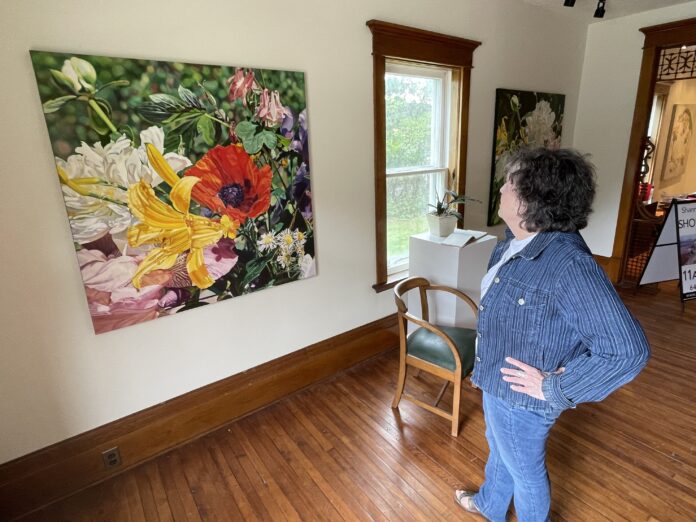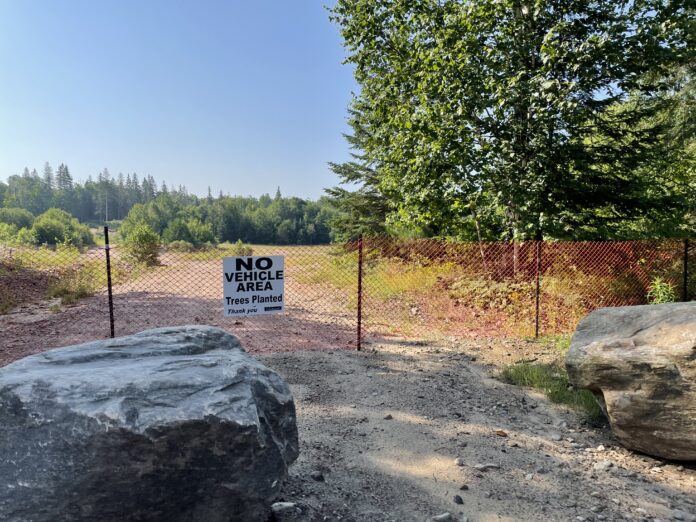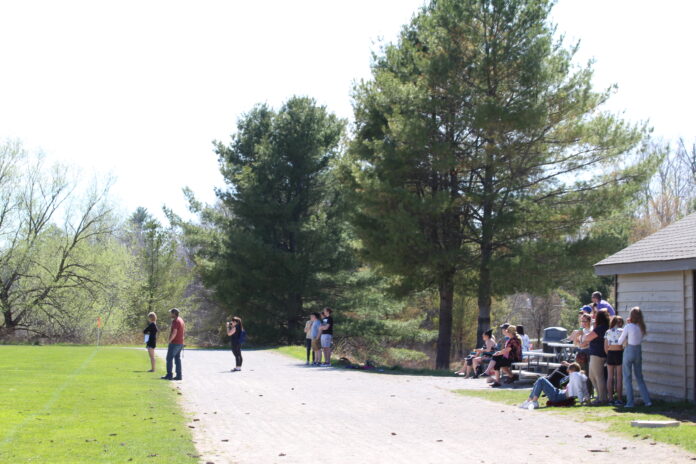

Arriving at the Cambridge Street United Church in Lindsay Tuesday evening for the local candidates debate, I admit I was a little disappointed to find that less than 50 per cent of the field would be featured.
Organized by The Lindsay Advocate, it was decided the event would be ran in similar fashion to the 2021 federal leadership debate.
Basically, no fringe parties allowed.
While it is encouraging that the Greens have been successful in shouldering their way into the conversation in recent years, here locally that meant that four candidates would not be afforded the opportunity to address the electorate.
I’m a big believer in democracy, and while I might not necessarily agree with the views of some of these candidates, I do think they had a right to be involved on Tuesday. Libertarian Gene Balfour was in the crowd, so too was Ontario Party representative Kerstin Kelly, flanked by half a dozen supporters. I wasn’t able to confirm whether or not New Blue candidate Ben Prentice or Grant Dewar of the None of the Above P
arty were there. Conspicuous in her absence, however, was Progressive Conservative incumbent Laurie Scott. Seeking her sixth term in office, The Highlander can confirm Scott declined to attend, as she has done with several other organized debates that have already taken place and are still to come.
Curious, considering Scott has never been one to shy away from the public eye.
Some of her competitors threw shade in her direction at the event, most notably NDP hopeful Barbara Doyle. Taking exception to Scott’s support of the controversial Bill PR 65, which would see Lindsay’s Ross Memorial Hospital transition away from a community governance model, Doyle sarcastically expressed her thanks to her “favourite” MPP for helping to facilitate a move she believes would not be in the hospital’s, or the community’s, best interest.
Liberal Don McBey ripped apart the PC’s most recent budget, saying Ontario simply cannot afford four more years of Doug Ford.
It’s a shame that Scott wasn’t on hand to defend herself, and explain her position on these items.
Officially, we’re hearing Scott had a scheduling conflict, which is why she could not attend. The harsh reality, though, is that Scott knows she doesn’t necessarily have to attend events like this and engage with her fellow candidates to secure her re-election.
The Haliburton-Kawartha Lakes-Brock riding has bled blue for decades, short a one-term blip in the late 2000s after Scott stepped down to help her at-thetime leader John Tory gain a seat at Queen’s Park. Even after that, she was welcomed back with open arms, winning three straight elections with an average of around 47 per cent of the local vote.
If I were a betting man, I’d suggest the result this time around will be pretty similar. While it was encouraging to watch a debate that, for once, didn’t disintegrate into a series of petty jabs and arguments, it was clear that something was missing.
Having three left-wing candidates on hand going back and forth, the event felt more like a seminar than a real debate, which is too bad. Through a combination of Scott’s absence and the other four’s exclusion, the community was robbed of the opportunity of seeing real democracy at work.









